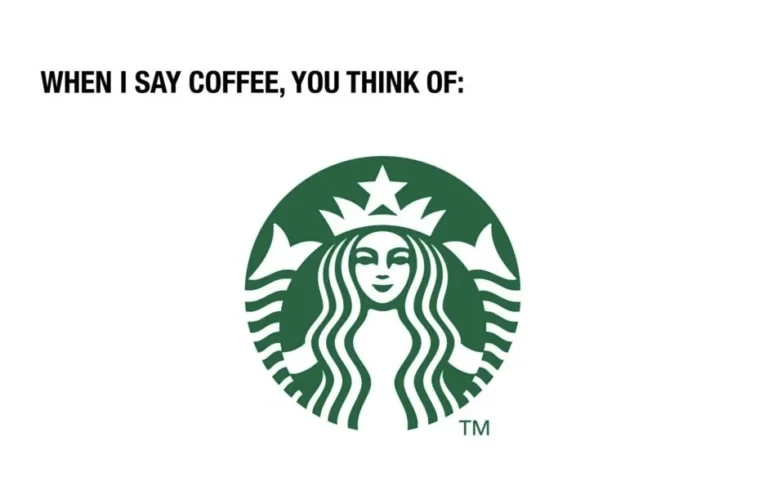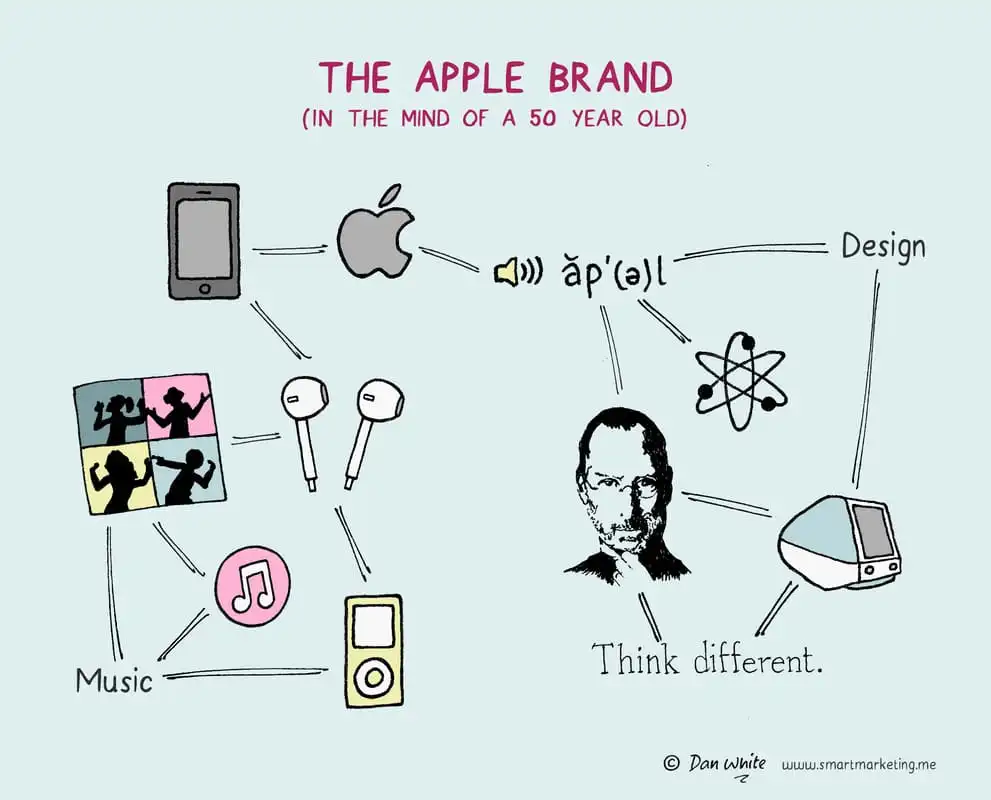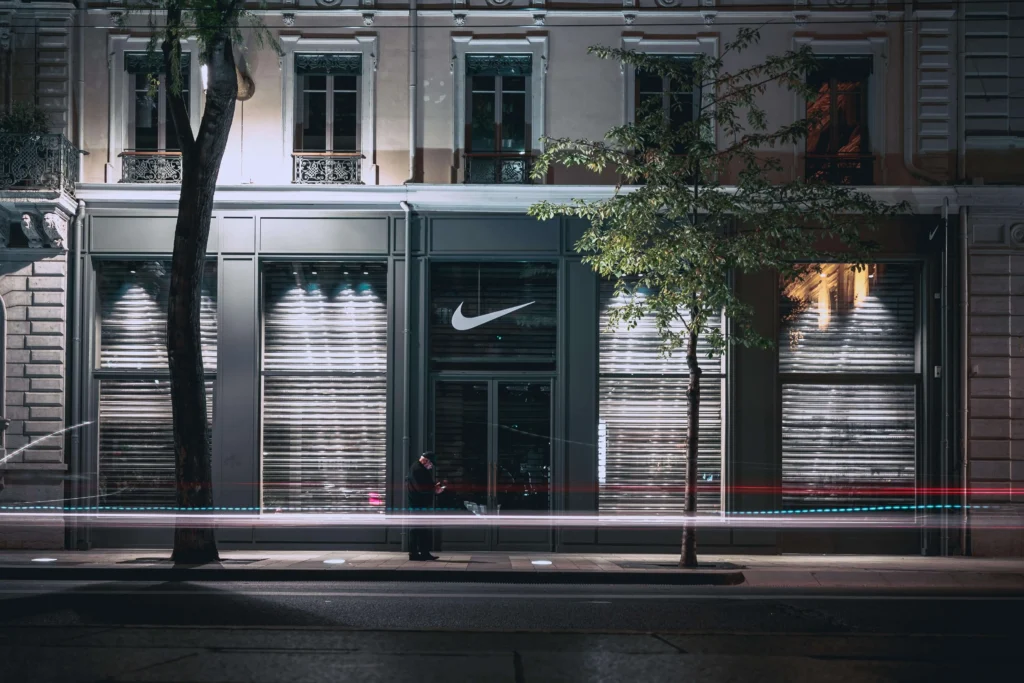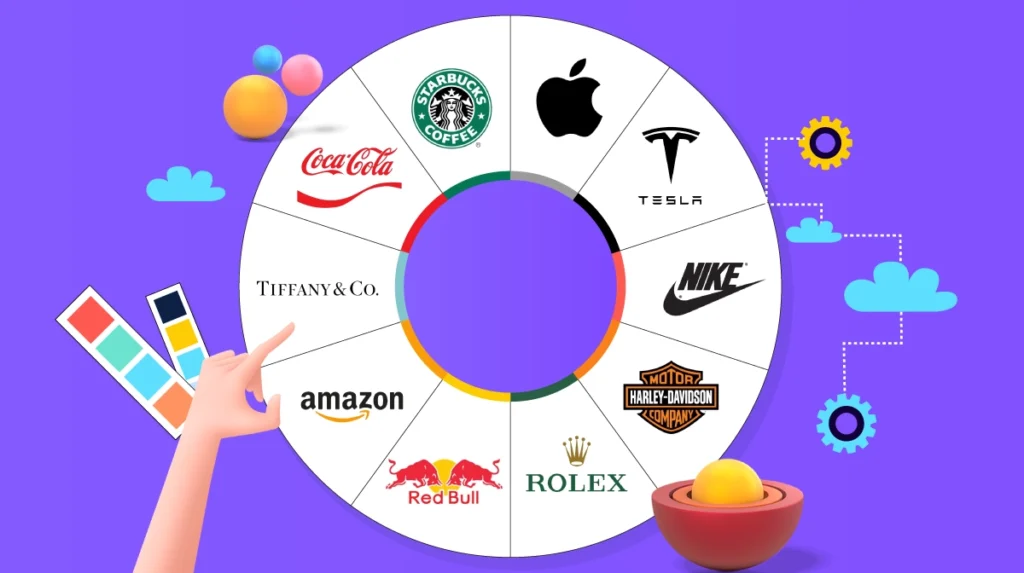

Building brand awareness is crucial for any business, and brand association plays an indispensable role in this process. When a customer can associate your brand with a positive experience, an emotion, or any feeling, then naturally that customer will remember your brand over the long run, can recall it easily, and on top of that, recommend your services to other people. This enhances your brand’s reach and image.


Nike is a global sports brand that has built a robust and distinguishable brand identity. The brand is known for its high-quality sports apparel, footwear, and accessories, and it has established itself as a leader in the sports industry. Here are some of the brand associations that people commonly have with Nike:

Coca-Cola is a globally renowned soft drink brand that has created a strong and enduring brand identity over the years. Here are some of the brand associations that people have with Coca-Cola:
See your brand as an individual. Is it lighthearted and funny or serious and elegant? Establishing the personality of your brand helps you establish the kind of associations you want to have.
Your logo is your brand’s superhero cape. Make it memorable and visually engaging. In a sea of choices, having consistent imagery across platforms makes your brand easier to recognize.
People enjoy a good narrative, and your company should have one. Tell stories about the history, core principles, or even behind-the-scenes events of your brand. Narratives establish bonds that go beyond business dealings.
We are drawn to brands that make us feel something. Consider the emotions you want consumers to experience when they engage with your brand. Reach for those feelings, whether they are happiness, excitement, or comfort.
It’s Important to Be Consistent! Aim for a seamless experience throughout your website, social media accounts, and customer service. People are more comfortable making positive associations when they know what to expect.
Having a cool friend to recommend you is sometimes enough. Work together with influencers or establish alliances that complement your brand’s principles. It’s a quick way to establish favourable connections with more people.
A memorable tagline is similar to a jingle that sticks in your head. Make sure it captures the essence of your brand and is brief and sweet. So, instead of manually brainstorming impactful taglines, a preferred option is to rely on a tagline generator.
Follow your followers on Twitter, Instagram, and TikTok. Talk to people, answer their remarks, and show off the individuality of your brand. Long-lasting relationships are formed through social interactions.

Brand Association: Visualise your brand as a folder in your head. The labels and tags your audience applies to anything are called brand associations. It’s what pops into their minds when they consider your company. These associations could be anything, such as emotional ties to past interactions with your product or service or visual components like logos. Consider it an assembly of people’s opinions and convictions toward your company.
For instance, when you picture a particular brand of coffee, you might see warm mornings, the smell of freshly made coffee, or even a particular colour palette.
Brand personality: Consider your brand to be a character right now. The human-like qualities and attributes you provide your brand to establish relatability are known as its brand personality. It’s the individuality that your brand conveys through its messaging, imagery, and general atmosphere. Are you an astute specialist, a tech-savvy buddy, or a cordial neighbour? Establishing a clear and identifiable identity is facilitated by defining your brand’s personality.
Example: Your communication may be informal and your visuals may include dynamic imagery and vivid colours if your brand has an adventurous and youthful spirit.
Brand association: It is the study of the associations individuals have in their minds when they hear the name of your company.
Brand personality: It refers to the purposely human-like qualities and attributes you give your brand to help it become more relatable.
Brand association: It is the study of people’s general perceptions and mental images associated with your brand.
Brand personality: Makes your brand more relatable by emphasizing the personality and manner it projects.
Brand association: It is expressed through the associations and mental connections that consumers have built up over time.
Brand personality: It is conveyed by deliberate choices in communication style, imagery, and general brand conduct.
Brand association: It is the study of how consumers relate to and perceive your brand.
Brand personality: It refers to the manner in which your brand acts and the qualities that it exhibits.